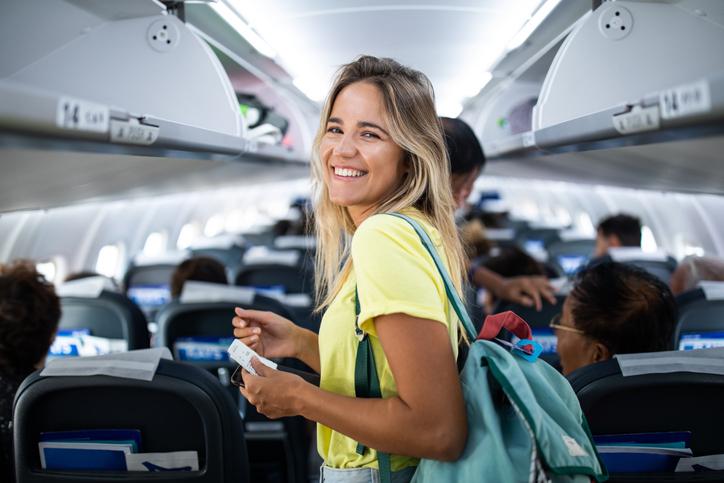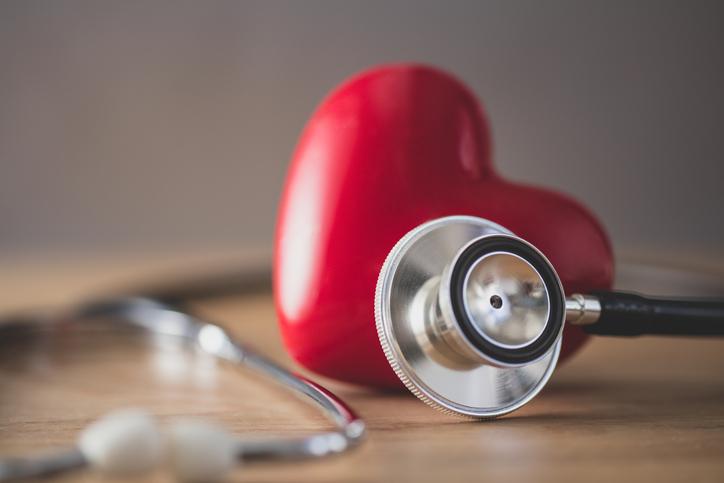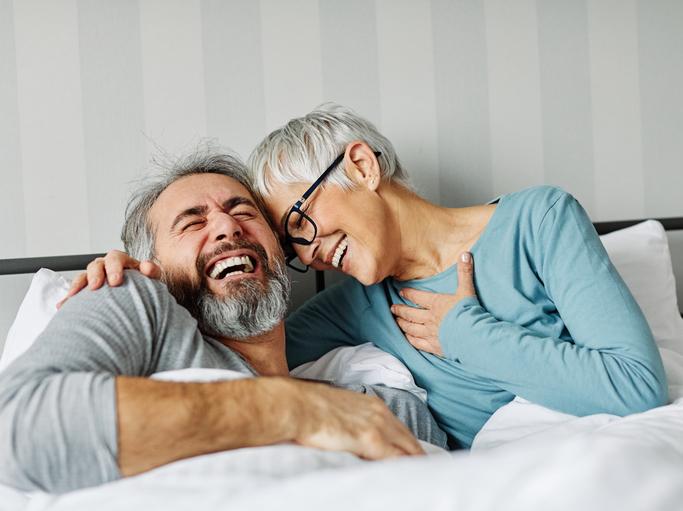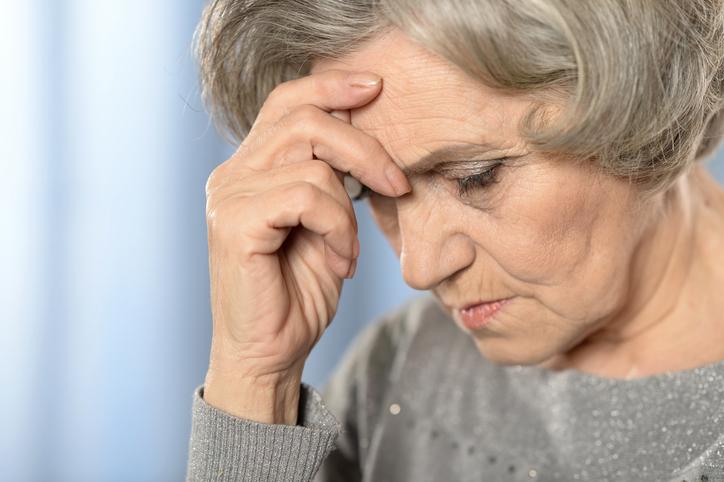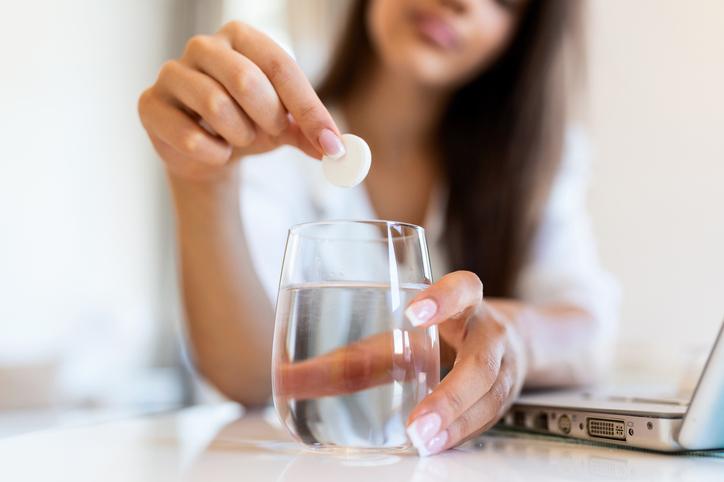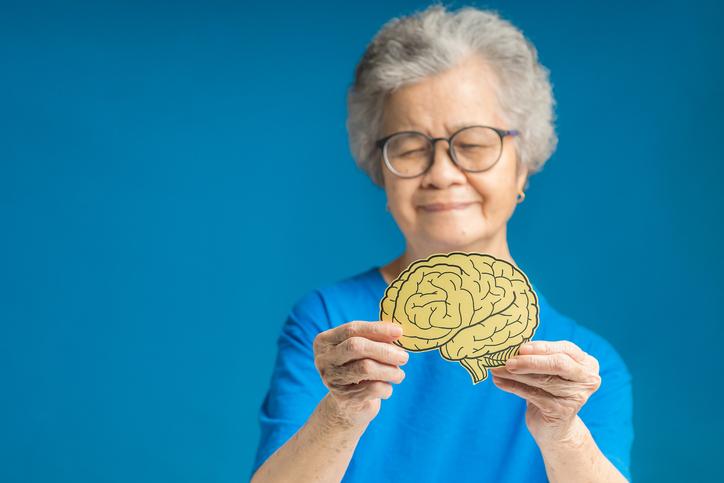27 июня 2021
10 Common Questions About Varicose Veins


27 июня 2021
10 Common Questions About Varicose Veins
## 1. What are varicose veins?
Our heart works like a pump, supplying the body with blood enriched with oxygen and nutrients. And the veins of the lower extremities carry this blood back to the heart, experiencing severe pressure that the flaps of the vein valves sometimes can't handle. Varicose veins are a disease of the superficial peripheral veins, accompanied by deformity and dilatation of the vessels.
## 2. What is the main cause of varicose veins?
The main reason is genetic predisposition. If your parents suffered from this disease, it will be difficult for you to avoid it. The development of the disease largely depends ===on lifestyle. Limited mobility, excessive physical activity, excess weight, flat feet, and wearing high heels can all contribute. Varicose veins may develop due to weakness of the walls or destruction of the vein valves as a result of inflammatory processes. Varicose veins often develop during pregnancy due to increased stress on the legs.
## 3. Are spider veins the beginning of varicose veins?
Vascular reticulation and spider veins of the legs are caused by capillary damage. This problem may remain cosmetic for a lifetime, but it is still a signal that you should check the veins more closely. Over time, the vasculature can spread across the skin, at which point other signs of varicose veins will appear: itching, pain, swelling, and fatigue in the legs.
## 4. Can varicose veins be avoided?
To prevent the disease, you need to lead an active lifestyle. If you have to spend long hours at the computer, make it a rule to get up every hour and stretch. It is useful to do exercises for legs while sitting—roll your feet from heel to toe. Take a contrast shower in the morning and avoid high heels and tight jeans. Do not sit on your feet. Diversify your diet with foods rich in fiber and reduce your salt intake.
## 5. How are varicose veins diagnosed?
At the first appointment, the doctor usually performs an ultrasound angioscan to assess the condition of the vascular walls and the speed of blood flow through them. The diagnostic accuracy of this method is 95 %. There are other diagnostic methods: ultrasound duplex (triplex) scanning, ultrasound Dopplerography, phlebography, CT-phlebography or CT-angiography, phlebo tonometry, etc.
## 6. Can I exercise and walk if I have varicose veins?
If varicose veins are at an early stage, walking and exercising are recommended. But if the disease progresses, it is better to avoid strenuous exercise and immediately contact a phlebologist or vascular surgeon. When exercising with weighted fitness, it is necessary to use compression knitwear.
## 7. Can I fly on a plane if I have varicose veins?
In flight, there are pressure surges that can provoke thrombosis. To prevent this it is necessary to use "compression stockings" to prevent this from happening.
## 8. Can varicose veins be cured?
The disease, unfortunately, is incurable. Therefore, the earlier the patient consults a doctor, the greater the chance of slowing down the development of the disease. At an early stage, it is possible to carry out drug treatment and take preventive measures.
## 9. What if there is no treatment?
Over time, the disease will progress and lead to pathologies such as deep vein thrombosis, thrombophlebitis, and chronic venous insufficiency. The skin may become irritated and itchy, causing eczema, dermatitis, and trophic ulcers.
## 10. What are the treatment options?
If medications are no longer effective, eliminating traumatized veins allows you to eliminate stasis, restore microcirculation, and prevent damage to healthy veins. This is achieved by surgery, endovascular laser treatment, radiotherapy, or foam sclerotherapy.

